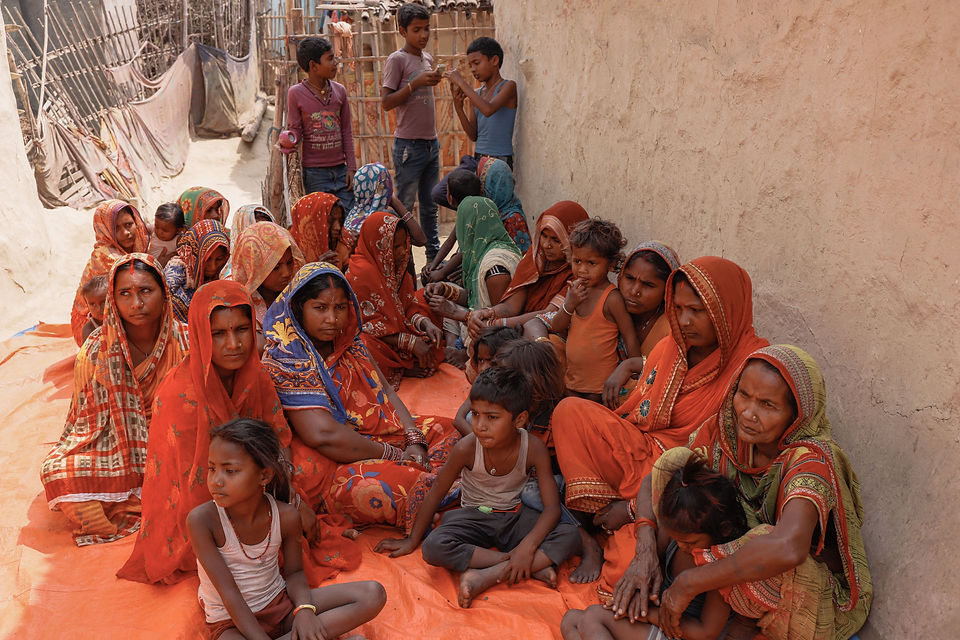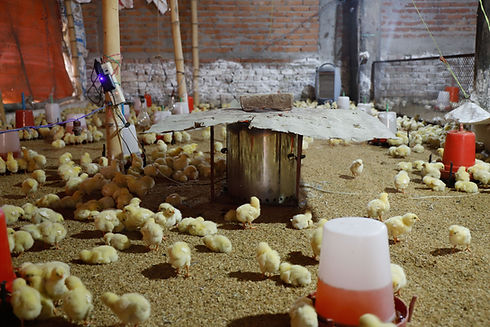
Our Mission

Objectives of EPC
-
Increase the adoption of Renewable Energy (RE) and WASH technologies in Central Terai through:
-
Promotion of activities to create demand for these technologies and practices in support of climate change mitigation and adaptation
-
Provision and supply of quality-assured technology
-
-
Create conducive environments for the dissemination of RETs by strengthening the linkages and synergy between District Energy and Environment Units/sections and organisations that deliver quality RET services.
-
Build enabling environments for the adoption of WASH technologies and facilitate a behavioural change (in hygiene and usage) by strengthening the linkages and synergy between local government organisations and line agencies (with WASH responsibilities) and non-government and private sector service providers.
-
Build networks, linkages and coordination among RET stakeholders.
-
Support financial institutions (MFIs, Banks, etc) to develop products and innovative financial instruments that meet the needs of RE and WASH technology consumers.
-
Design and implement action research on consumer technology use, behaviour and needs, and develop programs to meet them.
-
Maintain and replicate best practices to the benefit of the communities/market.
Developing Enabling Environments
-
Renewable Energy Stakeholder Coordination
EPC supports the DDC’s District Energy and Environment Units/Sections efforts to coordinate activities of RE stakeholders and programs. These stakeholders include VDCs, NGOs, RE program donors, private sector, private sector service providers, and financial institutions. EPC sponsors workshops whose agenda includes the dissemination of appropriate information on RETs, planning of promotional activities and relevant discussion on current sector issues.
-
Agriculture Stakeholder Coordination
EPC supports DDCs, DFO and DWSSOs to analyse district agriculture data, coordinate the planning and monitoring of NGO and local government stakeholders, and to share best practices in sustainable water supply and sanitation service provision.
-
Enabling Financial Service Institutions
EPC social marketers coordinate with their local partners to match service suppliers and financial institutions with the demands created through their promotional efforts. For most banks and Micro-Finance Institutions (MFI), loans for climate change, RE and agricultural technologies are relatively new products that many are reluctant to support. EPC holds workshops with these financial institutions to encourage them to develop these much-needed loan products and aids in acquiring loan capitals through different funds.
-
Technology Development
EPC works with local community members to participate in technology need-based assessments, development and application. It works in partnership with manufacturers of technology, marketing professionals and consumers to evaluate factors such as applicability, design and practicality.
-
Technology information and Documentation
EPC collects, processes and disseminates information on rural technologies in conjunction with its Documentation Unit. The Documentation Unit manages a Resource Centre in which various collections are also available to individuals, organizations or institutions as and when required.
